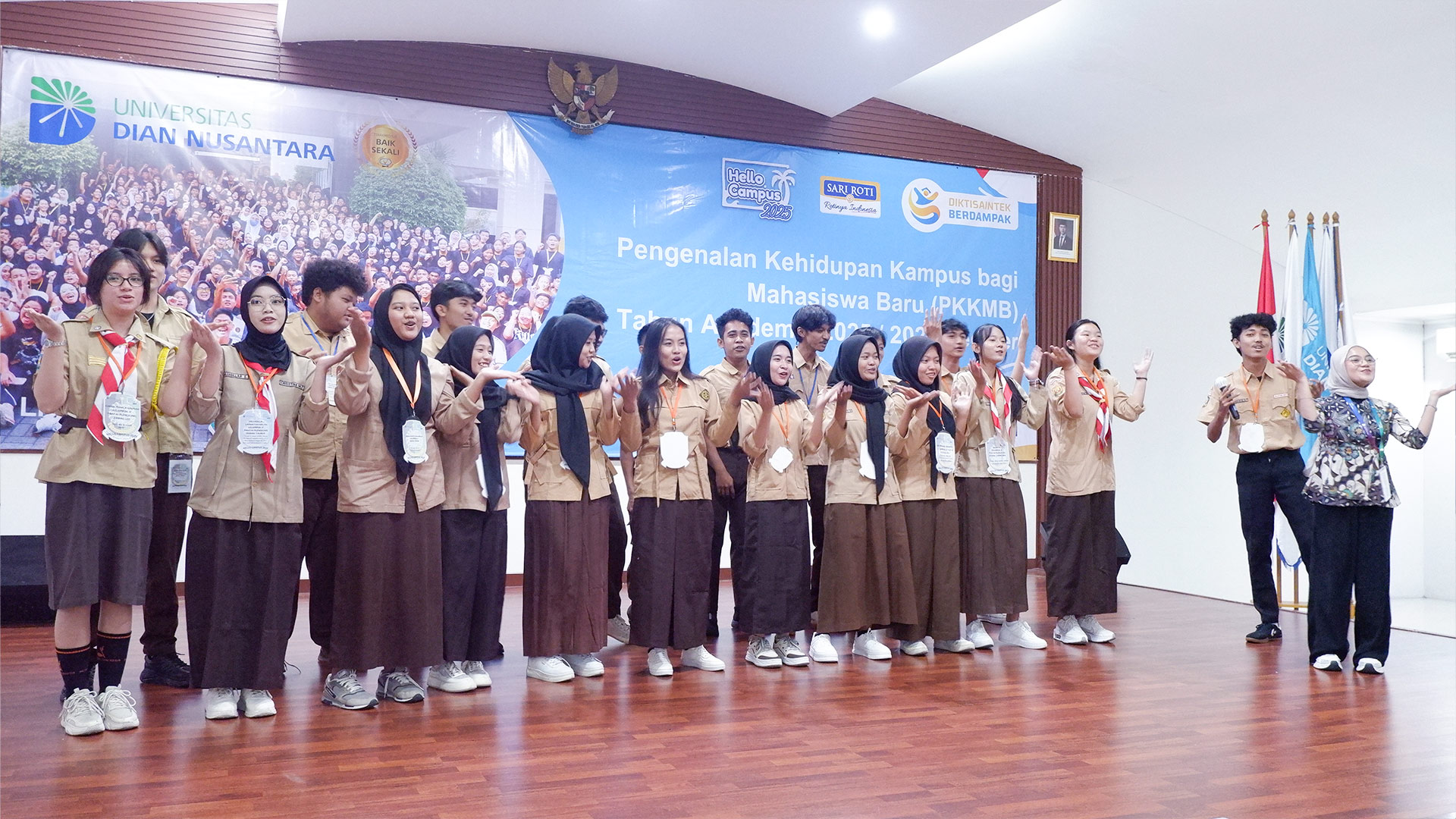Towards an Emission-Free Indonesia 2060 Through Electric Vehicle Development

Indonesia is committed to achieving carbon neutrality by 2060, and one of the key steps in achieving this goal is through the development of electric vehicles. Switching from internal combustion engine vehicles to electric vehicles (EVs) not only reduces greenhouse gas emissions, but also reduces air pollution in major cities. With abundant renewable energy potential, such as solar and wind power, Indonesia has a unique opportunity to support a sustainable EV ecosystem.
To contribute to reducing the world's carbon emissions, and meet the targets of the law, Presidential Regulation No. 112 of 2022 was issued to support the achievement of a carbon emission-free environment. The government has announced various initiatives and policies, including fiscal incentives, charging infrastructure development, and support for battery technology research and development.
Overall, electric vehicles are considered to have distinct advantages over fossil-fuelled vehicles in addition to their main advantage of reducing carbon emissions. The acceleration of electric vehicles tends to be superior to that of fossil fuelled vehicles. In addition, in terms of routine maintenance, electric vehicles have cost-efficient maintenance because there is no need for oil changes, carburettors, filter changes, and tune-ups.
Electric vehicles can also take advantage of various government incentives and subsidies that are often provided to encourage the adoption of this green technology, such as rebates, tax deductions, and parking incentives. This is part of the government's effort to transition the transport sector to zero net emission.
Apart from the advantages of engine scale and maintenance, electric vehicles also have the advantage of good acceleration. Electric cars can achieve faster acceleration compared to petrol cars due to the unique characteristics of electric motors. An electric motor produces maximum torque instantly when the accelerator pedal is pressed, unlike an internal combustion engine which takes time to reach peak torque through an increase in engine speed.
This instant torque allows the electric car to deliver strong and responsive acceleration as soon as the accelerator pedal is pressed. In addition, electric motors do not require complex multi-gear transmissions due to their consistent and direct power delivery, which also reduces the gearshift time that is typical of petrol cars. These advantages in torque distribution and power efficiency make electric cars capable of accelerating from standstill to high speed in a very short time, providing a more dynamic and responsive driving experience.
Although electric-based vehicles have many advantages, the lack of emancipation has kept the potential realisation of the switch to electric transportation at a minimal level. One of the main reasons for the delay is the limited number of charging stations, which has prevented EV users from driving outside Jabodetabek. In addition, the difficulty of reselling EVs in Indonesia's second car market makes potential EV buyers assume that it will be a financial loss if they no longer use EVs.
However, with optimisation, education and technological developments, it will be able to open people's minds to the accessibility of electric cars and with government support through the development of a wider charging infrastructure, the future of electric cars looks brighter.
Through the development of EVs in Indonesia, it is hoped that UNDIRA's young generation, especially from Electrical Engineering students, will be more open to the development of environmentally friendly transportation. The potential for alternative energy will be renewed by humans as a form of renewable energy, and also serves as a form of a safer and cleaner future, as stated by the speaker, Mr Nara Brahma Pramodana at the 42nd WEBINAR of the Dian Nusantara University Electrical Engineering Study Program that, "A good ecosystem is needed to support the development of EVs in Indonesia, starting from electricity sources, electric charging stations, to regulations that facilitate the implementation of EVs as a whole".
(Danang Respati Wicaksono / HUMAS UNDIRA)
Press Contact :
Biro Humas & Sekretariat Universitas Dian Nusantara
Facebook : www.facebook.com/undiraofficial
Instagram : www.instagram.com/undiraofficial
Twitter : www.twitter.com/undiraofficial
www.undira.ac.id

Campus Tanjung Duren
Jln. Tanjung Duren Barat II No. 1
Grogol, Jakarta Barat. 11470
Campus Green Ville
JIn. Mangga XIV No. 3
Campus Cibubur
Jln. Rawa Dolar 65
Jatiranggon Kec. Jatisampurna, Bekasi. 17432


.jpg)

.jpg)





